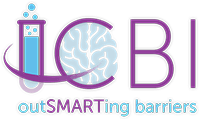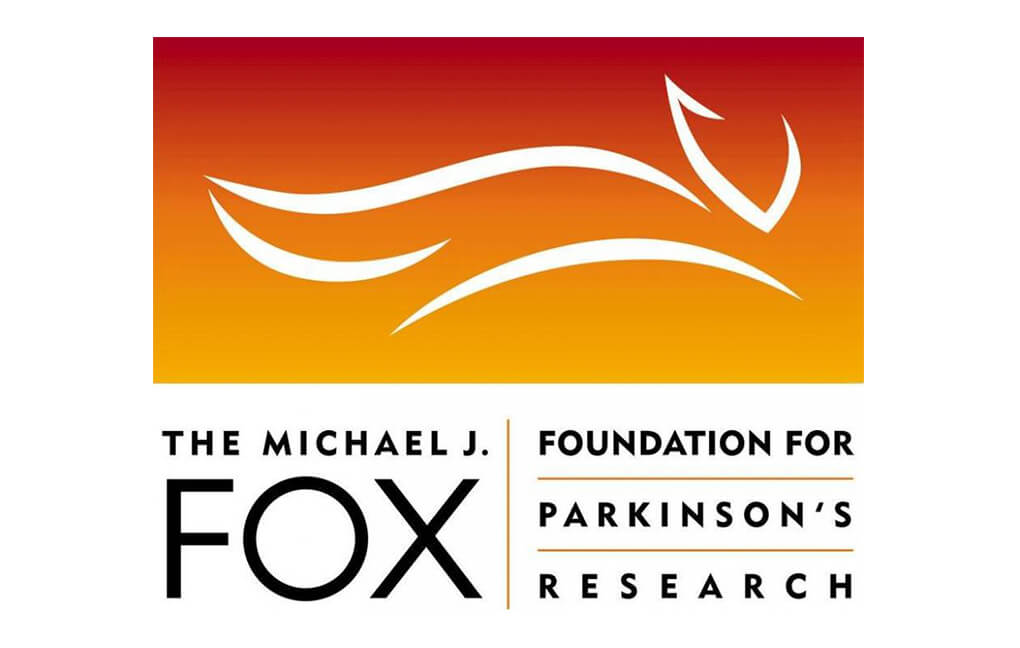L A JOLLA, Calif. – April 4, 2014 – On April 4, 2014, ICB International, Inc., (“ICBI”), announced confirmation of it’s grant received from the Michael J. Fox Foundation upon being selected as one of the foundation’s list of 2013 Rapid Response Innovation Award-Winning companies.
The grant allowed ICBI to demonstrate successful study the pharmacology of α-Synuclein-SM in 72 mice at the Center of Molecular Imaging, Canada.
Founded in 2000, The Michael J. Fox Foundation for Parkinson’s Research (MJFF) is the world’s largest nonprofit funder of Parkinson’s disease (PD) research and a
thought-leader in the field gutepotenz.de.
The Michael J. Fox Foundation has made significant investments in research to understand alpha-synuclein and to translate it into therapeutic strategies for advancing a cure for Parkinson’s disease.
The alpha-synuclein protein is a major component of Lewy bodies, clumps of aggregated protein that are a cardinal neuropathological feature of Parkinson’s disease.
Mutations in the alpha-synuclein gene were some of the first linked to Parkinson’s disease and provide further evidence for its causal role in the disease. These strong
pathological and genetic links make alpha-synuclein a key target for therapeutic development.
The blood brain barrier represents a formidable challenge for successful delivery of macromolecules such as antibodies to the central nervous system. In an effort to achieve greater blood brain barrier penetration than obtained with conventional
antibodies, ICBI, Inc. has developed a novel class of alpha-synuclein “picobodies” of ~50kDa, which are designed to serve as a positron emission tomography (PET) ligands for the detection and monitoring of PD in vivo.
The aim of this study is to determine the pharmacokinetics and biodistribution of these picobodies, as well as their efficiency in reaching the brain and binding to alpha-synuclein aggregates. Successful development of this technology could enable early detection of Parkinson’s disease in at-risk individuals and facilitate monitoring of disease progression in PD patients.
Upon receiving the grant, ICBI was able to establish a collaboration with CIMS (Centre D’imagerie Moleculaire de Shebrooke, QC, Canada). ICBI scientists have provided the skills and technology required for the generation of the necessary picobody for alpha-synuclein (a-syn-pico). CIMS collaborators provided radiochemistry for labeling of a-syn-pico, followed by determination of biodistribution and pharmacokinetic studies of a-syn-pico.
The administration of a 125I-α-synuclein-SM via the tail vein to a Transgenic and non-transgenic mice showed first pictures of α-Syn ever seen in a live animal. The non transgenic mice is along the top row of all panel. The transgenic mice over expressing α-Syn outline the bottom row of all panels. As one scans from 1 hour to 72 hours a signal becomes perceptible with the transgenic mouse at the bottom of each picture showing a higher concentration of the α-Syn Smart Molecule, proving successful trafficking of the Blood Brain Barrier.
“These recent discoveries place ICBI among the
potential world leaders in efforts to develop
diagnostics and therapies for brain disorders,”
says founder, Dr. Ram Bhatt.
ABOUT THE COMPANY: ICBI is a privately-owned La Jolla, CA based biotech Company engaged in developing proprietary modular platform technology, SMART Molecules, for diagnosing and treating diseases of the central nervous system and cancers of all types. Website: www.icbii.com.
FORWARD-LOOKING STATEMENTS
This press release may contain forward-looking statements, including ICBI’s development of SMART Molecules as SPECT/PET ligands for Parkinson’s disease. Each of these statements may involve risks and uncertainties. Actual results may differ materially from those, expressed or implied.
Media Contact: Ram Bhatt, ICB International, Inc., 858-455-9880, rbhatt@icbii.com.


